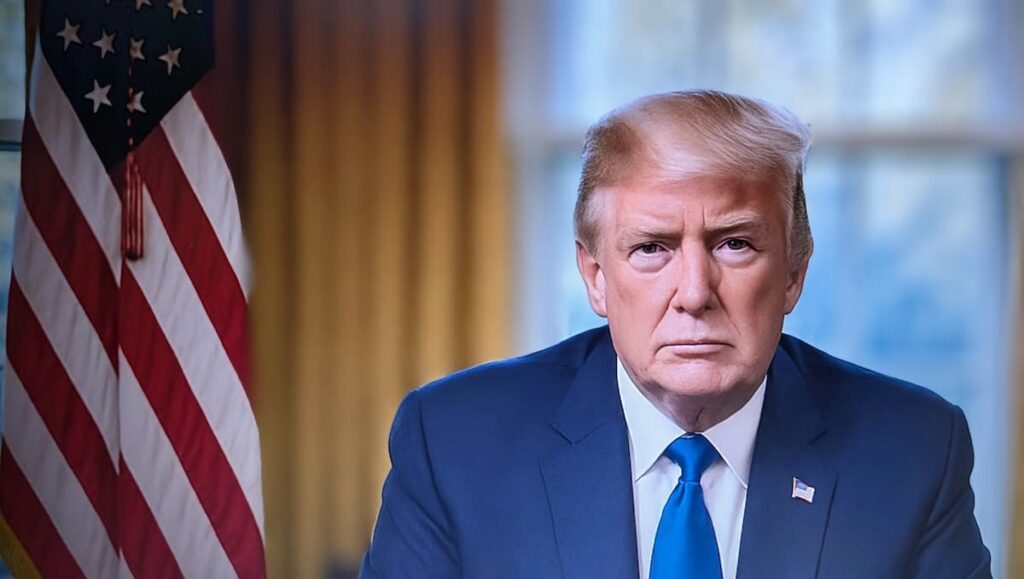Federal Judge Halts Voter ID Requirements in Executive Order
A federal judge in Massachusetts has stopped key portions of former President Trump’s executive order aimed at reshaping how voter registration is handled in the United States. The decision was made after attorneys general from 19 states filed a legal challenge, arguing that the order placed unconstitutional burdens on voters and overstepped presidential authority.
This marks the second time a federal court has intervened to block the implementation of the executive order, which introduced new requirements around proof of citizenship in voter registration processes. Voting rights groups and state officials raised concerns that the order directly conflicted with established federal election laws and risked suppressing voter participation.
Order Challenged for Overreaching Presidential Authority
One of the main components of the executive order was the mandate that individuals provide documentary proof of U.S. citizenship in order to register to vote using the national voter registration form. However, federal law does not currently require such documentation, and the authority to amend these requirements lies with Congress and the Election Assistance Commission (EAC), not the executive branch.
The judge found that the executive order attempted to bypass the standard legal processes required to change voter registration rules, including public notice and consultation with state governments. This raised serious legal questions about the president’s power to direct how federal elections are managed.
In her ruling, the judge emphasized that federal elections are governed by specific statutes passed by Congress, such as the National Voter Registration Act. These laws outline what is required for voter registration, and do not include the type of citizenship documentation the executive order sought to enforce.
Five Major Provisions Put on Hold
The court’s injunction blocks five specific sections of the executive order. Among them is the instruction for the EAC to alter the federal registration form to include mandatory documentary proof of citizenship. This move was deemed a violation of both legislative authority and constitutional limits.
Another blocked provision directed the Department of Defense to update absentee voting applications for military and overseas voters, requiring proof of citizenship and eligibility to vote. The judge ruled that this measure conflicted with existing laws that govern absentee voting for citizens abroad.
Also included in the injunction were directives for federal agencies to verify citizenship status before providing registration forms to individuals enrolled in public assistance programs. Additionally, the order instructed the attorney general to take legal action against states that count mail-in ballots received after Election Day — a practice allowed in several states under current law.
These provisions were seen as placing undue financial and administrative burdens on states, and potentially discouraging voter participation, especially among vulnerable communities.
Broader Implications for Election Oversight
The executive order was introduced after repeated claims by Trump and his allies that the previous presidential election was marred by fraud — claims that have been widely discredited by election officials and cybersecurity experts. Despite the lack of evidence, these claims led to increased efforts to change how elections are conducted and regulated.
Under the U.S. Constitution, Congress is responsible for establishing the framework for federal elections, while state legislatures manage the timing, locations, and procedures. The blocked order was considered an attempt by the executive branch to take control over election rules, an area where it has limited legal standing.
It remains illegal for non-citizens to vote in federal elections, and strict penalties are already in place, including fines, imprisonment, and potential deportation. However, voting rights advocates argue that additional proof-of-citizenship requirements could create unnecessary barriers for eligible voters.
As legal battles continue, this case highlights the ongoing tension between efforts to secure elections and the need to preserve access to the ballot. The decision reinforces the role of Congress and state governments in safeguarding electoral processes, while placing limits on unilateral actions from the executive branch.


